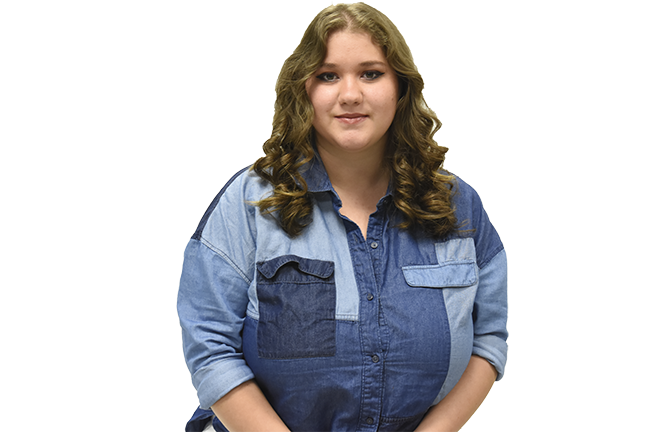What makes a music taste good?
Sitting in a middle school classroom, my iPod on my desk, I was vulnerable to criticism. With no password lock, my pre-teen classmates were able to access my device without my permission or supervision. This had unfortunately taken place during my rebellious stage, listening to bands such as Mariana’s Trench and Black Veil Brides, both loud and proud of their unique images. They take my iPod, put in my earbuds and play the first song in the automated playlist. Laughing, they look up at me across the room, where I talk with my teacher.My music taste is horrible, they say, I “need to listen to good music.”
In high school, I sit in the journalism room, surrounded by excited chatter. Someone mentions another’s preference in music. Another laughs loudly, head probably thrown back as they exclaim: “Evan, your music taste is too bad to be ripping on someone else’s!” It’s not an uncommon topic; the one where you’re an outcast hipster who doesn’t listen to the newest Beyoncé album. There’s a mainstream that you’re expected to listen to, but made fun of for staying inside of.
No one listens to the exact same thing. While there are mainstream fishes and genre junkies, everyone has that certain band or single artist that will stay with them. For example, while my interest in country music has declined after moving to Allen almost six years ago, I’ll still spend a day listening to Miranda Lambert or some classic Jason Aldean singles. Country music is not particularly popular, but back in Tyler, Texas, that was the stuff you wanted played at your wedding or while you washed your car. Today, I’ll listen to whatever is on the radio or Pandora. So, is music taste just regional?
I would say that music taste is based on your surrounding environment, but the fact that it’s always changing says it isn’t. That leaves my question still unanswered: what makes a music taste good? What is acceptable to my peers?
Growing up, you would pick up whatever your parents played or what was played by your friends in school. When you Google the lyrics to an unfamiliar song that’s stuck in your head, that becomes the base of your musical taste. Whatever catches your attention, sounds catchy, is what makes music “good” to you.
Your personality and life experience are what determines a song’s relatability to you, therefore making it favorable and part of your taste. One kid that is surrounded by the life of a storybook high schooler filled with parties and constantly buzzing phones may find typical drinking or club songs enjoyable (artists such as Grouplove and Phantogram come to mind). Another one, a kid who stays at home and is afraid to speak, someone who doesn’t party and instead reads books or does one person activities, might be more attracted to songs that talk about falling into unrequited love (“Trouble” – Nevershoutnever) or drinking coffee on Sunday mornings (Sarah Vaughan’s “Black Coffee”). Two extremities matched to their stereotypical music set.
There is no ideal music taste. You, with no story identical to anyone else’s, have a fine-tuned, unique choice in songs. There’s nothing wrong with listening to something you find catchy despite the person next you that has never heard of that song before. However, there is something wrong with judging and putting a label on something that does not agree with you and your preferences. If someone doesn’t like the same song you do, move on. Maybe you’ll agree on the next charted album.

Junior Alyssa White spends her free time spoiling her dog, studying photography and working on creative writing. While currently deciding on a college,...





